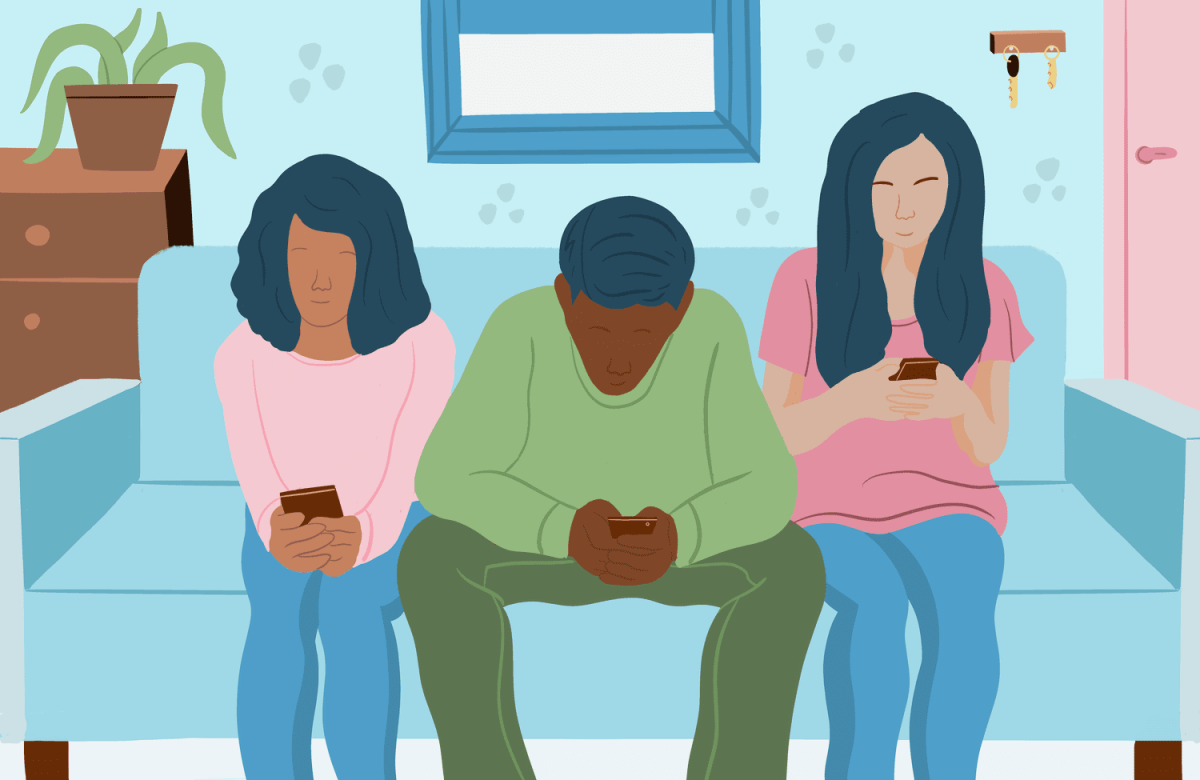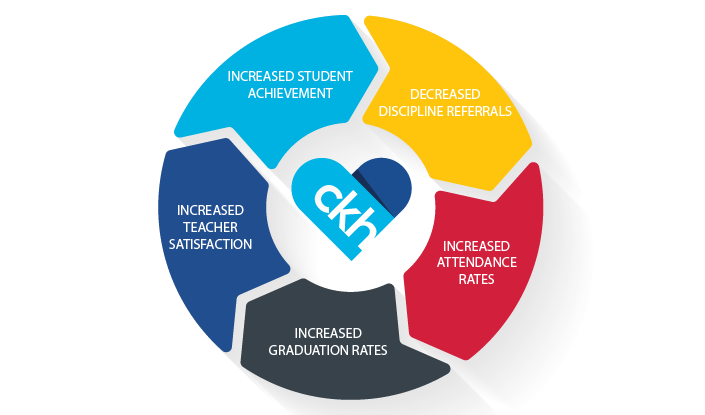I’m sure we’ve all noticed the increasingly strict classroom phone policies. More and more teachers are beginning to follow Adams 12’s policy, Policy 5030, instead of creating their own rules about phones.
I spoke to several teachers about their classroom policies as well as their thoughts on the matter. One of which was Mr. Conner Plooy, a math teacher, who switched to using the 5030 policy this year. This change was made after last year when phones were becoming an overwhelming distraction in the classroom. In one email, he wrote,“I think students got used to sitting on their phone throughout class and now have a hard time adjusting back.”
Mr. Plooy isn’t the only one tightening up rules on phones. Mrs. Leigh Dodd, an English and film teacher, no longer allows phones to rest on desks or be used during work time. She tells me, “It particularly drove me crazy in my film class as it is such a visual and auditory class you can’t really be distracted and get everything you want out of it.” Mrs. Dodd also notes how students expect to be able to listen to music during class.
In contrast, Coach Kyle Rider, one of Legacy’s health teachers, barely has any classroom rules about phones. When asked about this Coach Rider comments, “I have actually gotten less strict in the last few [years] as they have become more of a tool or resource in and out of school if used the right way.” He tells me that all he wants for his students to do is respect any speakers, which they do for the most part. Later in the interview, Coach Rider adds that he does see increased phone use in class, which he believes to be from the digital shift that we as a society are going through. “It’s everywhere as the country and world use tech more and more. 3-4 years ago nothing in classes was online or found digital. Now almost everything is.”
Despite their contrasting techniques, all three teachers agree that phone use has increased in both frequency and disruption levels. So, we’ve answered why policies are growing more strict―but why are students turning to their phones now more than ever? The answer lies in our recent world pandemic, the first one since influenza in the early 20th century. The COVID pandemic changed things for better or for worse.
The majority of students in Adams 12 participated in some form of online school, either completely online or in a hybrid model. According to one Sophomore, “COVID and being online let you do pretty much anything. How would the teacher know that you were doing something else during class or cheating on stuff? It gave us freedom that a lot of people still expect.”
As Coach Rider said, we as a society are becoming more reliant on technology. But quarantine didn’t just make us more reliant on technology; it also encouraged frequent phone checking and other phone use. These habits continue outside of online school and into the physical classroom. Teachers are now trying to find the balance between technology and learning and that’s why we’re seeing so many changes in classrooms.
































